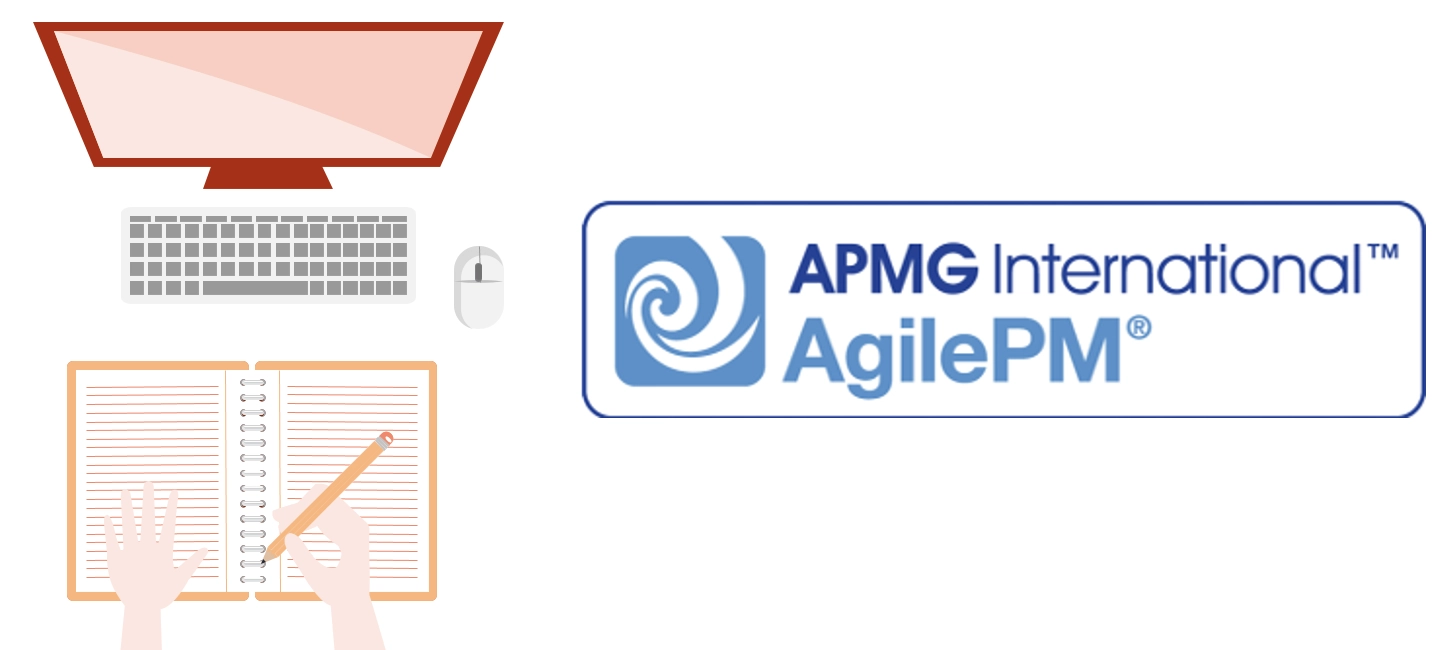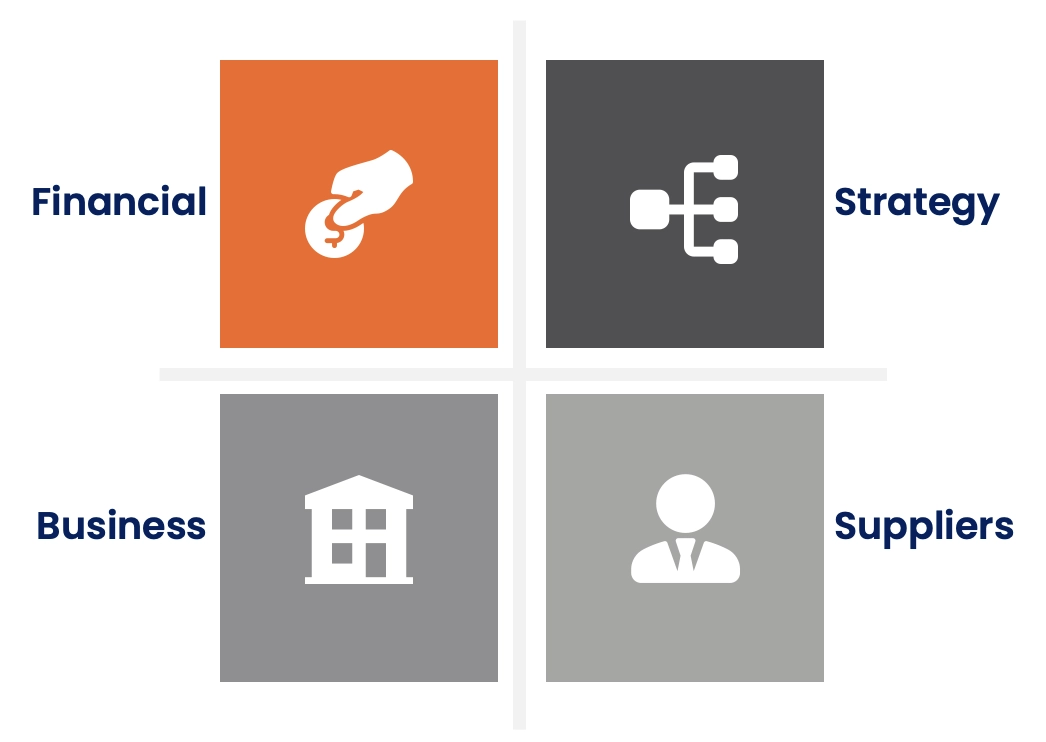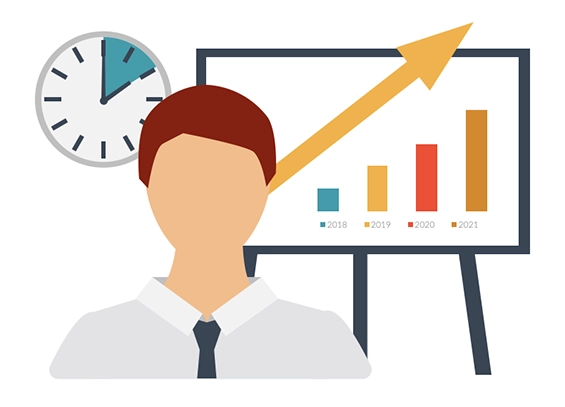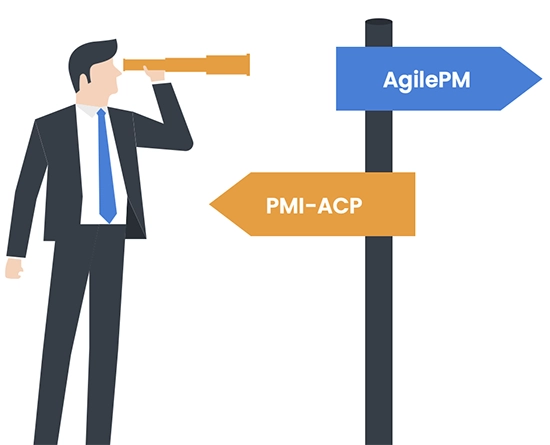Agile Project Management V3 (AgilePM3) is the world’s leading guidance and certification for agile project management. AgilePM Achieves an ideal balance between the standards, rigour and visibility required for good project management, and the fast-pace, change and empowerment provided by agile.
With over 200,000 certified professionals, Agile Project Management (AgilePM3) is the fastest growing framework that guides professionals on how to manage their projects with agile mindset.


We are uncovering better ways of developing software by doing it and helping others do it. Through this work we have come to value:
| Individuals and interactions | Over | processes and tools |
|---|---|---|
| Working software | Over | comprehensive documentation |
| Customer collaboration | Over | contract negotiation |
| Responding to change | Over | following a plan |


Brings together all elements of a project in an Agile context:
A complete framework for successful Agile Project Management.


Best business value emerges when projects are aligned to clear business goals, deliver frequently and involve the collaboration of motivated and empowered people.
Projects have to balance conflicting demands, and the four most common demands are: time, cost, features (scope) and quality. Trying to fix all four at the outset of a project is nor realistic neither achievable, as this would only work in a perfect world where business needs never change and everything is fully and concisely understood in advance - problems never occur. This desire to fix everything is the cause of many project failures, since the lack of sufficient contingency results in flawed decision that are often only noticed towards the end of the project when it is already too late to correct those.
For such reason, it is important at the start of the project to ask the question "if we hit a problem, what do we protect (fix) and what can we negotiate (vary), if necessary?"


The eight principles of Agile Project Management support the philosophy and compromising any of the principles undermines the philosophy via introducing risk the successful outcome of the project. The collective application of DSDM's principles bring the philosophy to life.

AgilePM framework is based on following recommended organisational structure:
The DSDM Agile Project Framework describes a set of products to be considered as the project proceeds:




Agile Project Management V3 (AgilePM3) certification trainings are provided by APMG International's Accredited Training Organizations (ATOs) across the globe. Tecknologia is also an APMG Accredited Training Organization (ATO) offering Agile Project Management certification trainings across the globe and in various formats.
| Certification Level | Course Duration | Certificate Valid for |
|---|---|---|
| AgilePM3 Foundation | 3 Days | Lifetime |
| AgilePM3 Practitioner | 1 Day | 5 Years |
| AgilePM3 Foundation & Practitioner | 4 Days | As above |
Click on the links for certification levels to explore the exam details.

Agile Project Management (AgilePM®) is the world’s leading guidance and certification for agile project management. AgilePM Achieves an ideal balance between the standards, rigour and visibility required for good project management, and the fast-pace, change and empowerment provided by agile.
Prices vary depending on the mode of delivery, location, deliverables and the quality of training delivery. Typically AgilePM Foundation online training costs between £800 and £1400 while AgilePM Practitioner online training costs between £1000 and £1600. AgilePM Foundation & Practitioner (combined) online training typically costs between £1800 and £2500.
Following are the pass marks details for Agile Project Management exams:
Agile Project Management qualifications have helped hundreds of thousands of professionals globally enhance their skills and achieve their professional ambitions. Professionals holding AgilePM accreditations stand a better chance of being invited for an interview and definitely stand a better chance being offered a role afterwards.
Agile Project Management certifications can be a very valuable addition to the list of professional qualifications and accreditations which can help achieve professional growth within organisations, without a need to switch jobs/ employers.
Agile Project Management V3 is the need of the hour and will remain in demand within wider project management profession today and for coming years.
Agile Project Management (AgilePM) is definitely a good choice for beginners who aim at pursuing a career in project management and related disciplines. Having AgilePM qualifications early in the career can play the role of a catalyst when it comes to climbing the professional ladder.
AgilePM framework has 6 phases in it: Pre-project, Feasibility, Foundations, Evolutionary Development, Deployment and Realisation.
Agile is a style of working consisting of incremental and iterative working pattern. Scrum is a lightweight framework that helps people, teams and organizations generate value through adaptive solutions for complex problems.
While Scrum is agile, agile is not only Scrum. There are many other methods and frameworks that are agile in nature.
Agile Project Management V3 (AgilePM3) is the latest version of APMG Agile Project Management which was released in October 2024.
While AgilePM exams need right level of attention and focus, they are not rocket science and anyone with focused training and devotion can definitely achieve success in both exams.
AgilePM foundation pass rate remains around 90% and AgilePM practitioner pass rate is around 75% globally, in first attempt. There are training organisations selling false promises of close to 100% success rate in both exams, caution is advised with such organisations.
It is absolutely possible to achieve AgilePM exam(s) success while relying on self study. However, high standard AgilePM training can accelerate the process, along with exam success probability, for sure.
AgilePM Foundation & Practitioner certifications are considered to be professional qualifications only. These qualifications are widely recognized and sought after globally, however, they are not the same as a college or university degree. Some quarters believe that AgilePM Practitioner qualification is equivalent to UK NQF 4/5 - Tecknologia has no grounds to confirm this.
There is no negative marking in AgilePM exams. No marks are deducted for a wrong answer.
AgilePM Foundation certifications has no expiry while AgilePM Practitioner certificate has a validity of 5 years from issuance date. Candidate must retake both exams within 5 years to maintain their certifications.
Agile in project management is referred to as eneric description of a style of working which includes flexibility of requirements and building solutions, working closely with customer throughout, ensuring final solution actually meets business need, deferring decisions about detail as late as possible.
Agile project management (AgilePM) training is covered in two levels: foundation and practitioner. Foundation covers the fundamentals of agile project management while practitioner part digs deep and is more focused on application of the concepts on projects that are run in an agile fashion.
Agile Project Management (AgilePM®) is the world’s leading guidance and certification for agile project management. Agile project management (AgilePM) training is covered in two levels: foundation and practitioner.